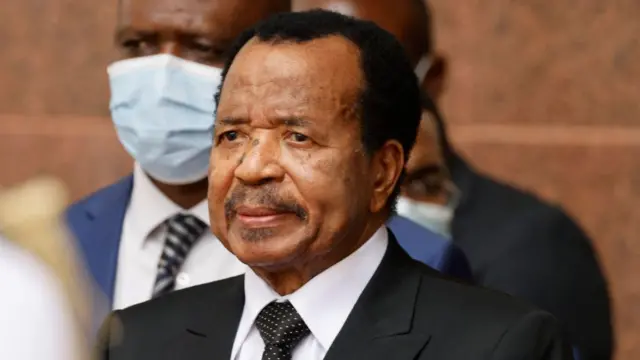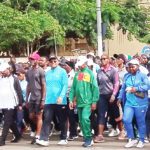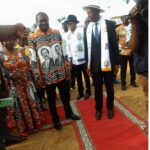For years, President Paul Biya vowed that sponsors of violence in our Anglophone regions would face justice, no matter where they hid. Recent high-profile arrests in the United States and Norway have proven his warnings were anything but empty.
Since 2017, Cameroon’s Northwest and Southwest regions have been engulfed in a deadly conflict, initially sparked by the 2016 peaceful protests from teachers and lawyers advocating for linguistic and judicial reforms. The grievances morphed into an armed separatist movement seeking independence for “Ambazonia.” Some analysts say the government’s heavy-handed response radicalised factions. The crisis has since devolved into a cycle of atrocities: kidnappings for ransom, village burnings, school boycotts, and gruesome acts of violence, including the mutilation of civilians dubbed “Garriing.”
President Biya has consistently highlighted conflict as a fight against terrorism while extending olive branches to fighters willing to disarm. During his 2020 year-end address, he appealed to nations hosting separatist sponsors: “All those identified as initiators or accomplices of these odious crimes will answer for their actions.” His 2023 speech struck a firmer tone: “For those who persist in criminal activity … the fate that awaits them is not enviable.”
Diaspora Accountability Hits Home
This week, Biya’s resolve materialised oceans away. In Maryland, Eric Tataw, known as “Garri Master,” was indicted by a U.S. federal grand jury for conspiring to fund Ambazonian militias. Tataw, a social media influencer and warmonger with tens of thousands of followers, allegedly financed AK-47s for separatist fighters and incited attacks on civilians. His posts glorified “small Garri” (finger amputations) and “large Garri” (limb severing or killings), targeting the civilian population. Meanwhile, Norwegian authorities arrested Lucas Cho Ayaba on September 24, 2024, a German national and leader of the Ambazonia Defense Forces (ADF), on suspicion of inciting crimes against humanity. Ayaba, whose group is accused of orchestrating kidnappings and village raids, faces up to 30 years in prison if convicted. Both arrests underscore Biya’s 2021 pledge to “enlist the support of partner states” in combating misinformation and pursuing transnational justice. If convicted, the defendants face severe penalties. According to the U.S. Department of Justice, charges include up to 15 years for material support to terrorism, three years for receiving ransom funds, and 20 years for money laundering conspiracy.
Biya’s strategy hinges on dismantling both the financial and ideological pillars of the separatist movement. As President Biya reiterated in 2021, countering “falsehoods” about Cameroon’s human rights record remains key to garnering global support. While humanitarian groups accuse both sides of abuses, the arrests signal a turning point in holding diaspora instigators accountable. For Biya, patience has been a weapon. As Ambazonia’s shadowy networks fracture under international scrutiny, his message echoes clearer than ever: sponsors of chaos, no matter their refuge, will pay.
Jude Viban





